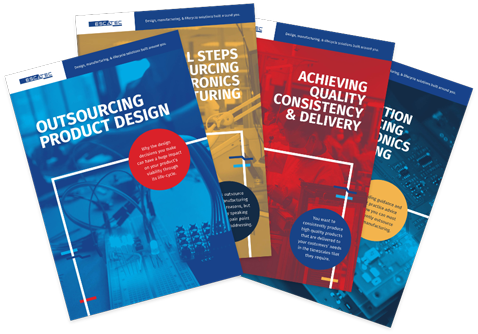The four stages of medical device prototyping: who can help and how?
Bringing a medical device from concept to market is never straightforward. ...
RESOURCES
News, articles, industry insights and more straight to your inbox.

©2025 ESCATEC. All rights reserved.